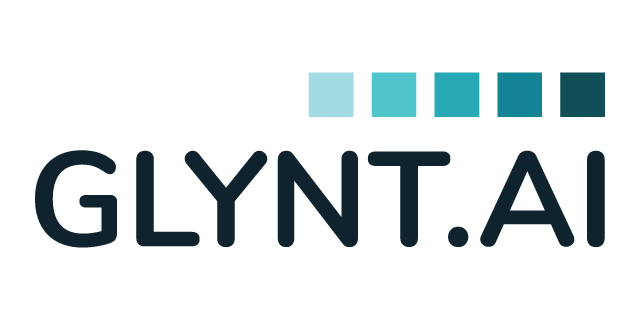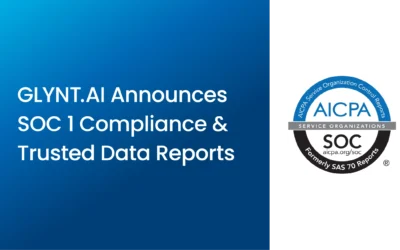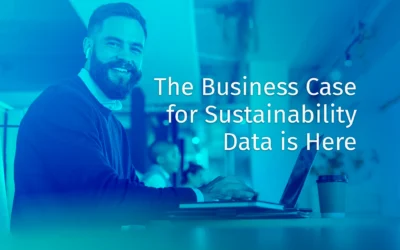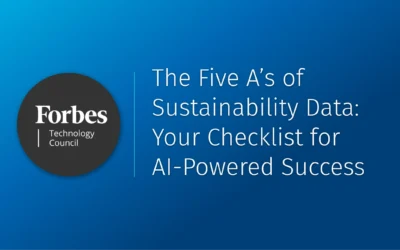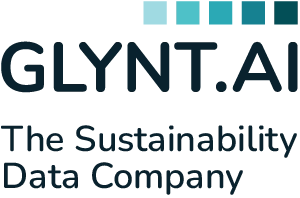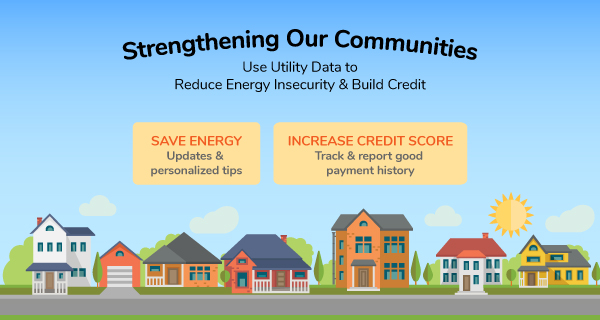
Use Utility Data to Reduce Energy Insecurity and Build Credit
Across the U.S there has been increased attention to building financial assets within low and moderate income (LMI) communities. Helping residents improve their credit scores is one path forward. For example, Operation Hope has 700 Credit Score Communities, Credit Builders Alliance has an ecosystem of over 500 community-based credit counseling agencies, and Boston Builds Credit is strategic city initiative for financial empowerment.
As we wrote in a previous blog post, utility bill payment histories have an important role to play in building credit.
But increasing credit scores is just one positive benefit. At WattzOn, we think there is a larger opportunity. Utility programs for LMI communities are expensive. Our back-of-the-envelope calculation shows the total cost of rate subsidies plus program costs, averaged over all California residential customers is $125 per meter per year.* In other words, every California home is paying about $10 per month for our current LMI programs. There’s another way.
Consider this three-part program:
- Help residents track their utility bills, via mid-month email & SMS updates, including personalized savings tips. A recent review of California’s LMI programs showed that this is the #1 request from the program participants.
- Help residents avoid late payments with reminders and rewards. Energy insecurity, the stress of paying utility bills, is as important to LMI residents as energy savings. Once in arrears, utility costs mount. Partner with community-based programs to help residents use low-cost/no-cost ways to pay their bills, avoiding expensive storefront alternatives.
- Encourage residents to build a 24-month history of on-time utility payments which can be shared with credit organizations. This can help to build credit files and raise credit scores.
The three program elements are self-reinforcing, and well-aligned with what LMI customers want. A recent detailed analysis of California LMI customers shows that energy insecurity (paying bills on time) is a larger concern than energy burden (the size of the bill).(3)
We would love to work with partners who are implementing this type of innovative community program. Give us a call!
- http://www.liob.org/
- Based on calculations from quarterly reports by California IOUs: https://apps.cpuc.ca.gov/apex/f?p=401:57:0::NO:RP,58,RIR:P5_PROCEEDING_SELECT:R1002005
